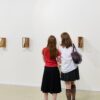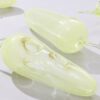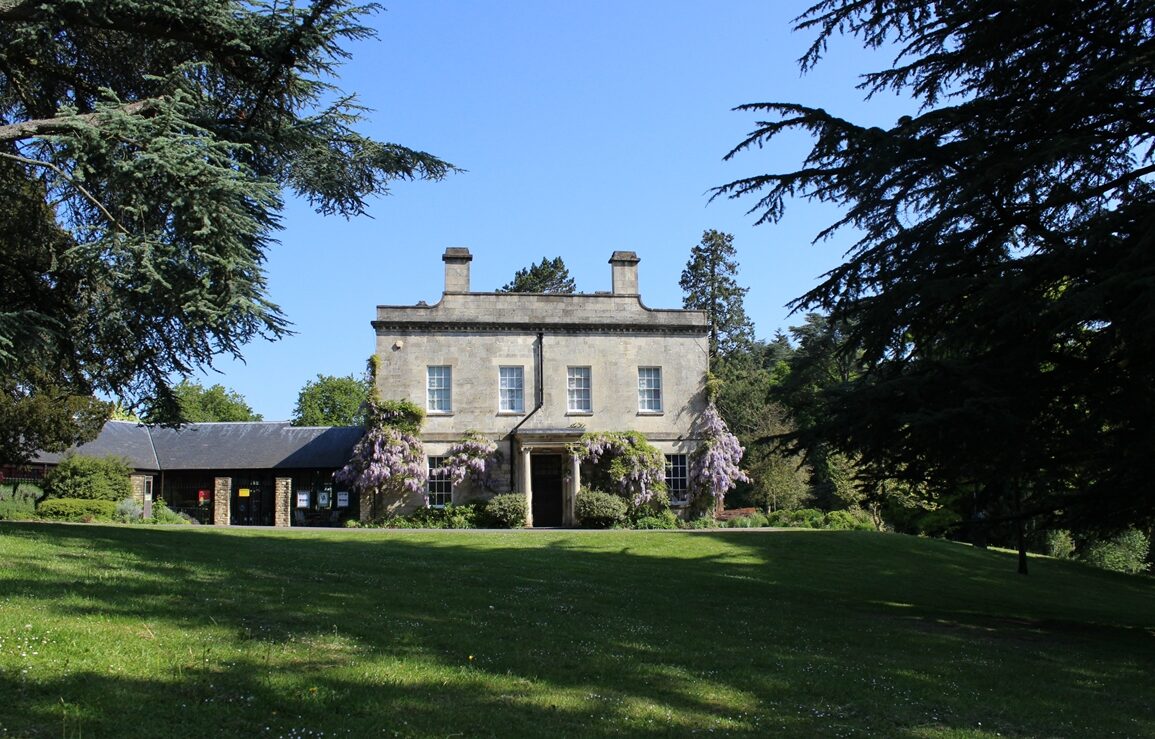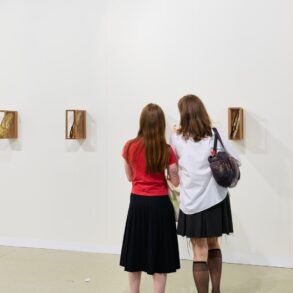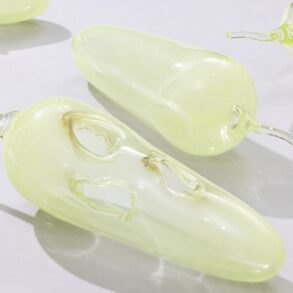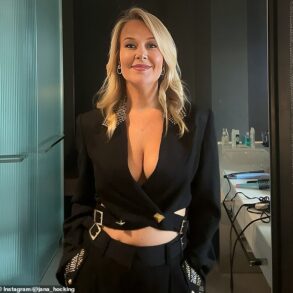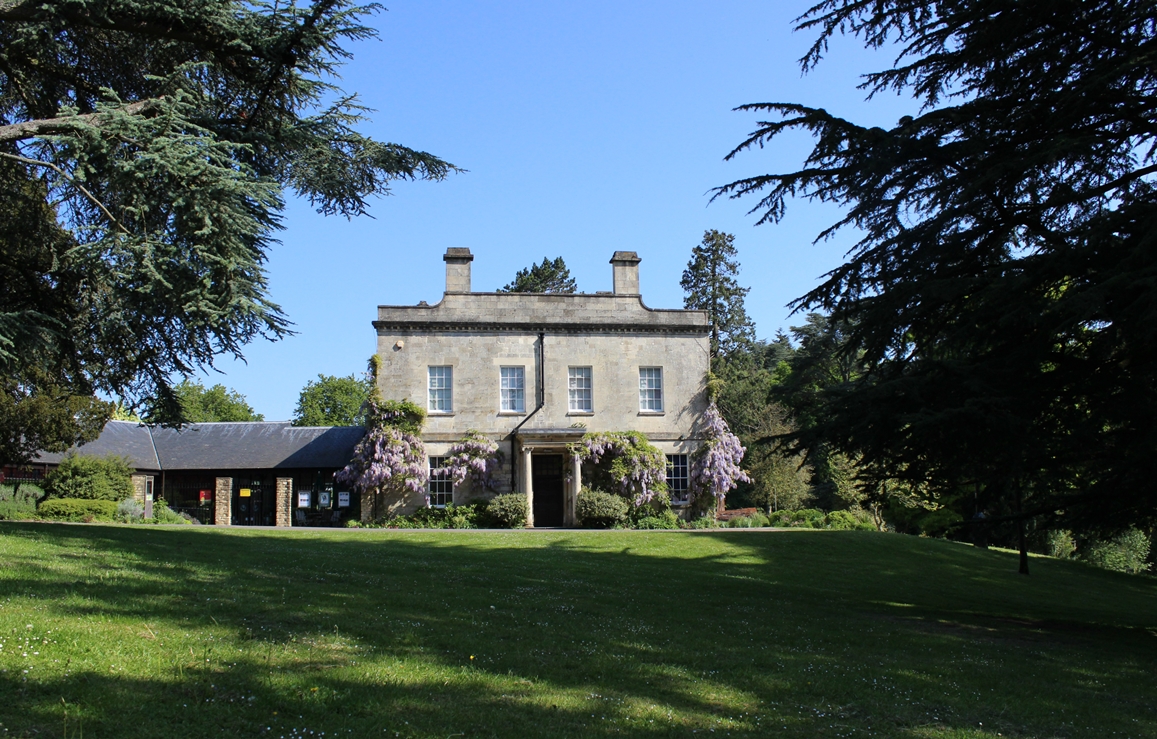
Artist collective, the Women’s Art Activation System has been awarded a National Lottery Heritage grant to collaborate with Stroud’s Museum in the Park.
The Women’s Art Activation System (WAAS), an artist collective based in Stroud, is excited to announce their new project The Baby Makers: Making History. Working in partnership with Museum in the Park, Stroud, the project is supported by The National Lottery Heritage Fund.
The Baby Makers: Making History sets out to establish reproductive and birth histories in the Museum collection as a little-recorded but important part of our collective heritage.
Working with key partners Stroud Against Racism, and Stroud Local History Societies, we will uncover diverse memories and experiences to do with the maternity services, fostering and adoption, and birth-related stories across the District.
Collaborating with Stroud Against Racism, they will explore Black histories of birth and maternity, culminating in displays as part of Black History Month events at the Museum in the autumn.
Another focus is on stories from before the 1980’s and going back as far as memory will allow. Working with Stroud Local History Societies they will explore what giving birth was like in Stroud over the decades and how practices and meanings have changed over time.
The group will explore the Museum collection with our community partners, and there will be two group crafting workshops responding to the collections. The WAAS are also collecting oral history, and are to create an art object for the Museum collection. There will also be a film about the project, to be screened as part of the project celebration events in November this year.
The project builds on an event held by The WAAS at the Museum in July 2022, when local mothers, grandmothers and birth professionals came together to share experiences and make a piece of bunting that represented their story. The bunting was displayed in the museum and is now housed in their permanent collection. The Baby Makers: Making History takes this work forward to discover more birth and maternal stories from underrepresented voices in our community and from further back in time.
“Did you know that Charlotte Bronte died of hyperemesis? Or that the famous feminist Mary Wollestonecraft died after a doctor removed the placenta by hand, when giving birth to Mary Shelley?
“Maternal histories are rarely shared publicly or heard about in the wider culture, yet birth is something everyone has been through and a very high proportion of the population has had a reproductive or mothering experience. To share how birth culture and practices vary in different communities and across time, is to increase feelings of inclusion and validity as well as reducing shame, fear, and busting myths about the reality and diversity of experience. “ – Sarah Dixon and Sharon Bennett, Artists, The WAAS
“I am very pleased to be collaborating with The WAAS again to continue our work to capture maternal stories and help address the missing history in our collection. In this second phase of the project we hope to welcome perspectives from groups that are not well represented in the Museum collection such as people from diverse ethnic backgrounds, LGBTQ+ parents and non-birth mothers. I am excited to see what stories are put forward and what is created in the workshops.”
– Fern Ryan, Assistant Curator, Museum in the Park
This post was originally published on this site be sure to check out more of their content

